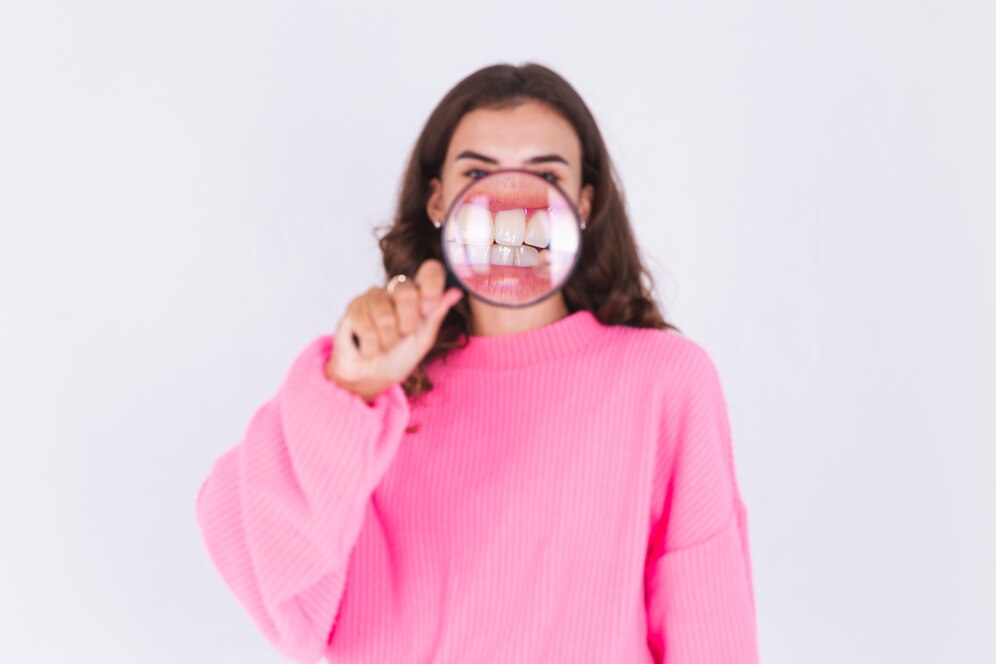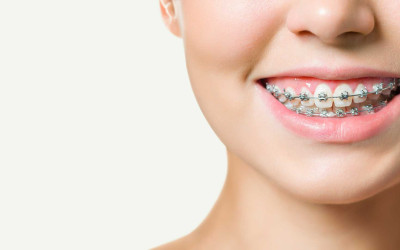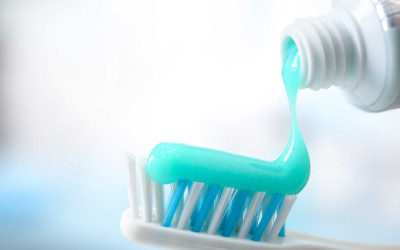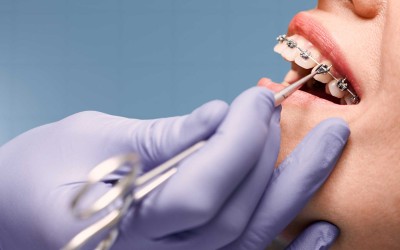Simple Habits to Maintain Oral and Dental Health

Simple Habits to Maintain Oral and Dental Health
- 11 February 2025
- 1879 views
Learn simple habits to protect your oral and dental health. Discover practical tips and key recommendations for a healthy smile!
This content is for informational purposes only and does not replace medical advice, diagnosis, or treatment. Please consult a healthcare professional for any health concerns.
Table of Contents
Simple Habits to Maintain Oral and Dental Health
Oral and dental health is crucial not only for a beautiful smile but also for overall well-being. However, many people do not establish a regular oral care routine. In reality, incorporating a few simple habits into your daily life can keep your teeth and gums healthy for years. So, what can you do to maintain good oral and dental health?
How to Maintain Oral and Dental Health
There are various ways to protect your oral and dental health. Here are some suggestions you may want to consider:
Don’t Neglect Regular Brushing
Brushing your teeth is one of the essential steps in maintaining oral health. Brush your teeth at least twice a day, preferably after breakfast and before going to bed.
- Use Proper Technique: Use circular motions while brushing, ensuring not to irritate your gums.
- Choose the Right Toothbrush: A soft-bristled toothbrush will protect your enamel and keep your gums healthy.
Make Flossing a Habit
Brushing cleans the surfaces of your teeth, but flossing is necessary for removing plaque and food particles between teeth. Daily flossing helps prevent cavities and gum disease.
- Choosing Floss: You can opt for waxed floss or floss tailored for braces if needed.
- When to Floss: Use floss after brushing to complete your cleaning routine.
Protect Your Teeth with a Healthy Diet
A balanced diet plays a critical role in oral and dental health. By reducing sugary foods and drinks, you can lower your risk of cavities.
- Cut Down on Sugar: Excessive sugar intake speeds up plaque formation and increases the risk of decay.
- Consume Calcium and Vitamin D: Strengthen your teeth by consuming calcium-rich foods like milk, yogurt, and cheese.
Make Sure to Drink Enough Water
Water is one of the simplest yet most effective methods to maintain oral health. Drinking water after meals helps balance the acid levels in your mouth.
- Boosts Saliva Production: Water increases saliva production, providing natural protection against bacteria.
- Prevents Dry Mouth: Staying hydrated helps prevent dry mouth, which reduces the risk of cavities.
Use Mouthwash
Mouthwash is a helpful tool for maintaining oral hygiene. Antibacterial mouthwashes can strengthen your gums and help prevent plaque buildup.
- Which Type to Use: Alcohol-free mouthwashes with added fluoride offer gentler protection.
- When to Use It: Mouthwash can be used after brushing or throughout the day as needed.
Don’t Skip Regular Dentist Visits
Seeing your dentist regularly is essential for maintaining oral and dental health. Professional cleanings and check-ups can help detect problems early.
- Check-Up Frequency: You should visit your dentist at least twice a year.
- Tartar Removal: Tartar cleaning prevents plaque buildup and gum disease.
Stay Away from Harmful Habits
Habits like smoking and excessive alcohol consumption can have serious negative effects on your oral health. Smoking increases the risk of gum disease, while alcohol can lead to dry mouth.
- Effects of Smoking: Smoking slows gum healing and raises the risk of infections.
- Impact of Alcohol: Excessive alcohol disrupts the bacterial balance in the mouth.
Maintaining oral and dental health is possible with a few simple habits. Regular brushing, flossing, and a healthy diet can help you keep your teeth healthy for years. Additionally, visiting your dentist regularly ensures that problems are detected early. These small investments in your oral health will benefit your overall health as well.
Frequently Asked Questions (FAQ)
Is brushing enough for oral and dental health?
No, using floss and having regular dental check-ups are also necessary.
Does flossing damage the gums?
When used correctly, flossing does not harm your gums. Instead, it provides protection.
How does smoking affect dental health?
Smoking increases the risk of gum disease and can stain your teeth.
How often should I see my dentist?
You should visit your dentist at least twice a year to maintain good oral and dental health.
Is using mouthwash mandatory?
While not mandatory, mouthwash can contribute to oral hygiene, so it’s recommended.







